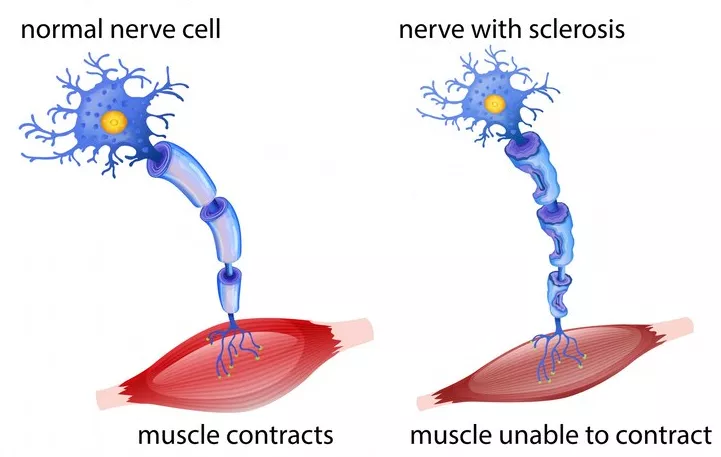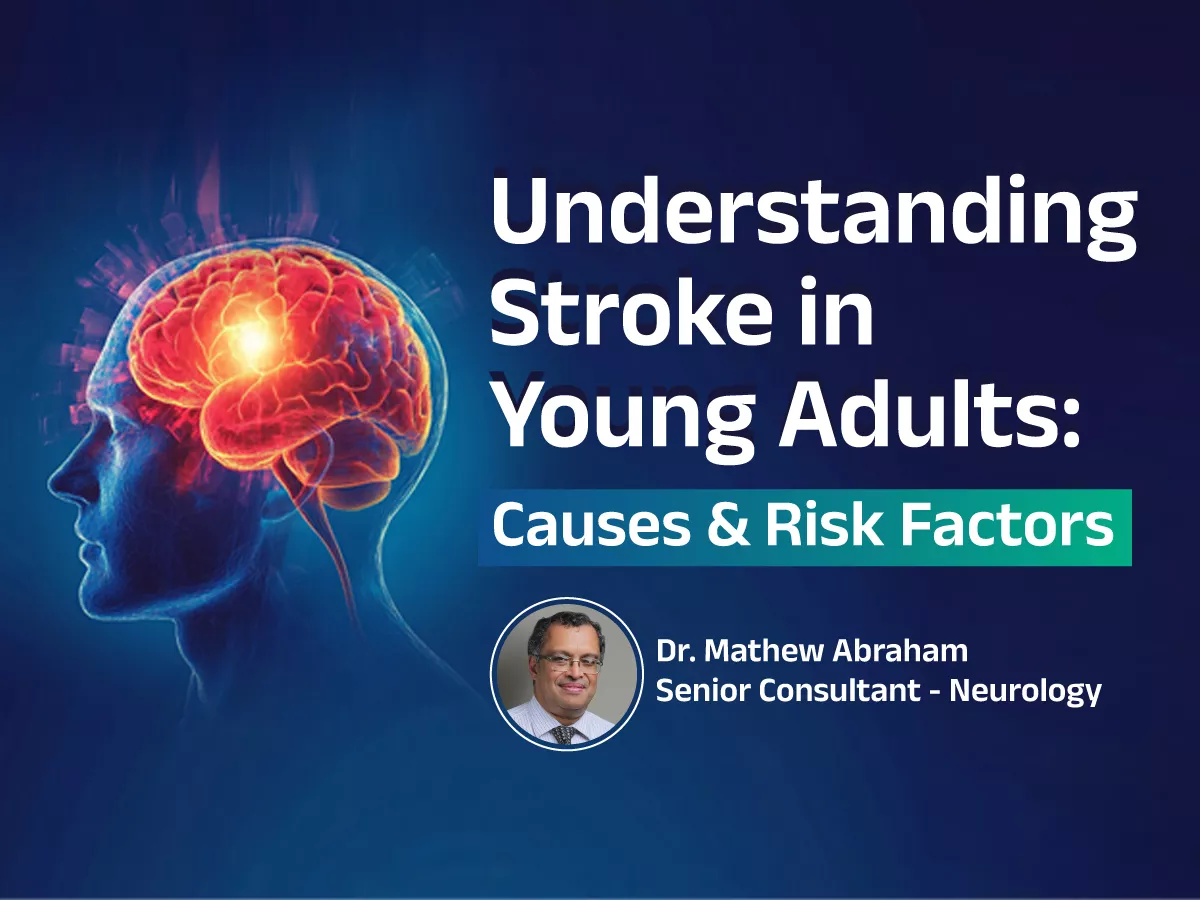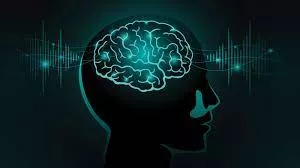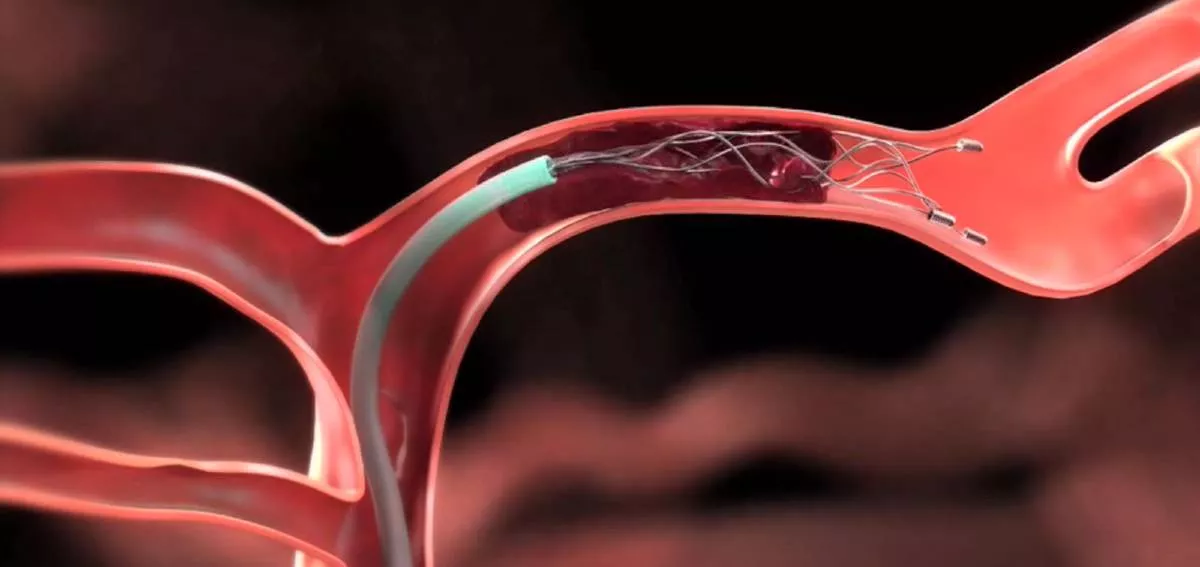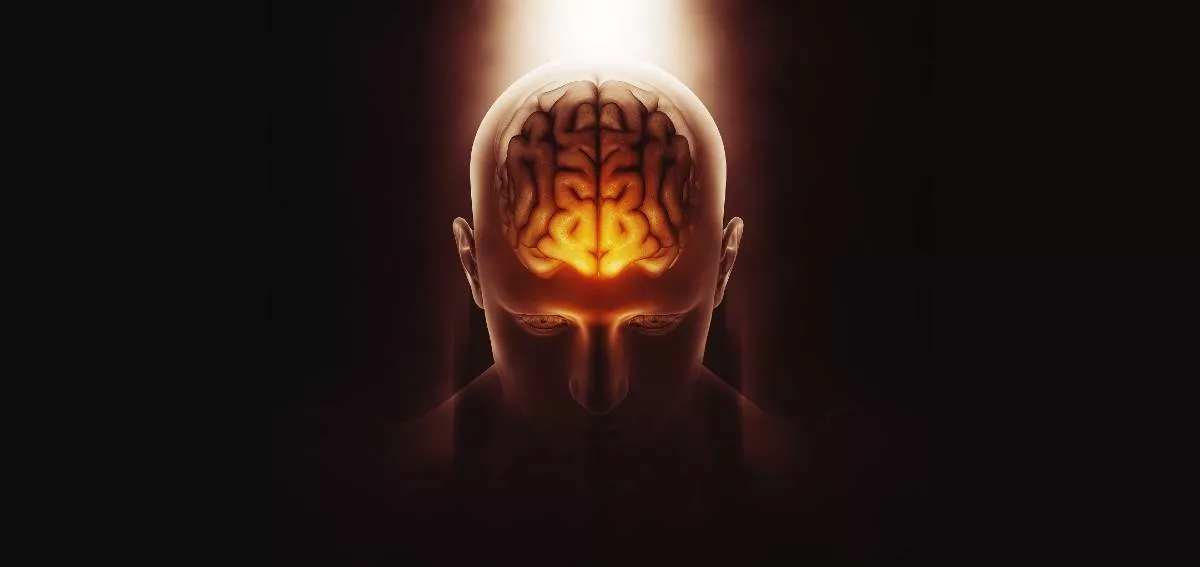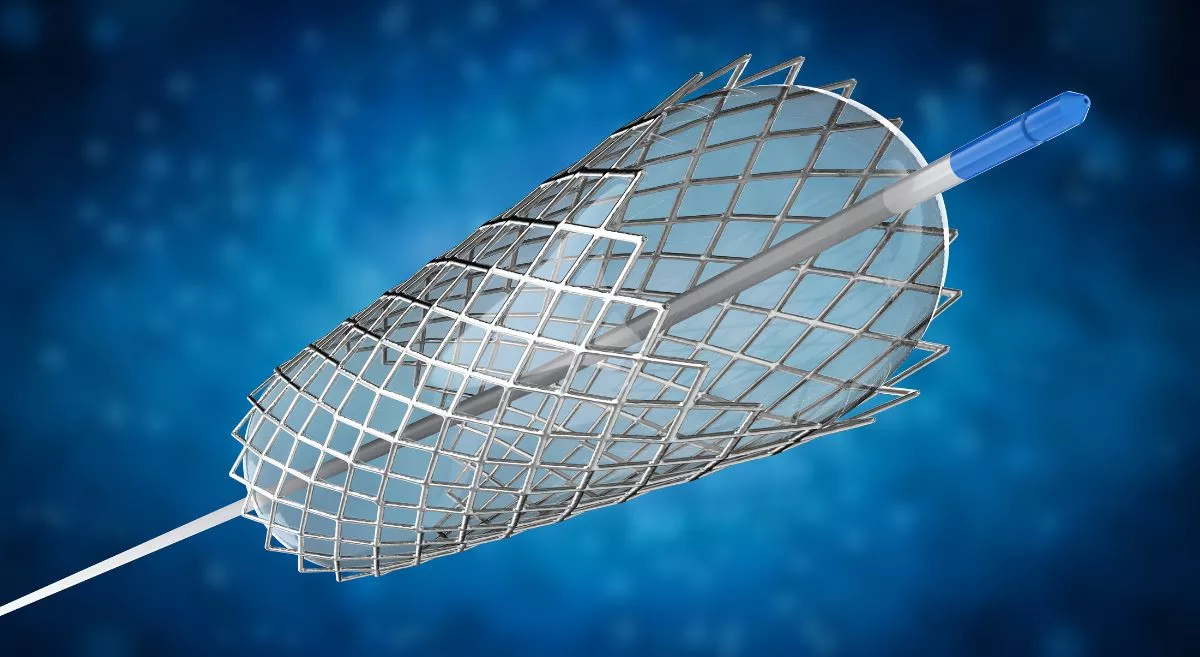What is multiple sclerosis?
Multiple sclerosis(MS) is a chronic and autoimmune disease that directly affects the central nervous system that consists of the optic nerves, spinal cord, and brain. This can lead to an array of symptoms affecting the body.
However, it is difficult to predict how multiple sclerosis will affect an individual as it may vary from one person to another. For instance, some people may experience mild symptoms such as numbness, blurred vision. Whereas, in severe cases, a person may face mobility issues and vision loss.
Furthermore, as per the study conducted by the National Institute for Neurological Disorders and Stroke (NINDS), 250,000- 350,000 people in the United States are diagnosed with MS.
What are the symptoms of Multiple Sclerosis?
The signs and symptoms of multiple sclerosis differ from person to person and the area that has been affected. Symptoms often affect movement, like:
- Weakness or numbness in one or more limbs often affects one side of the body at a time.
- Lack of concentration or tremor
- Having electric-shock sensations that take place during certain neck movements, especially when you are bending the neck forward (Lhermitte sign)
You may also face certain vision problems which include:
- Blurry vision
- Complete or partial loss of vision usually happens in one eye at a time. You may even face some pain during eye movement.
Some of the other MS symptoms include:
- Dizziness
- Slurred speech
- Fatigue
- Facing issues with bowel, sexual, and bladder function
- Tingling sensation in different parts of the body
What are the different types of multiple sclerosis?
Multiple sclerosis can be divided into:
- Clinically isolated syndrome (CIS): This is the first episode with symptoms that last for at least 24 hours. In case another episode occurs at a later date, then best neurologist in Hyderabad might diagnose relapse- remitting MS.
- Relapse-remitting MS (RRMS): The most common form and about 85% of people who are diagnosed with MS come under this type. It consists of episodes of increasing or new symptoms, followed by periods of remission. During that phase, symptoms go away partially or completely.
- Primary progressive MS (PPMS): In this stage, the symptoms tend to worsen, without remissions or relapses. Some people experience times of stability and phase when symptoms worsen and then they tend to get better. Around 15% of people who have MS have PPMS.
- Secondary progressive MS (SPMS): In the beginning, people will experience episodes of remission and relapse, however, with time the disease will start to progress steadily.
How is multiple sclerosis diagnosed ?
Often a neurologist performs the neurological exam and prior to that asks you about your clinical history and accordingly orders a series of tests to determine if you do or do not have MS.
Some of the tests are:
- MRI scan: With the help of contrast dye, the doctor can detect if there are any inactive and active lesions present in your brain and spinal cord.
- Spinal tap (lumbar puncture): Your doctor may suggest you go through a spinal tap to find any abnormalitiesOligoclonal bands (OCB). This test can help rule out any infectious disease present.
- Optical coherence tomography (OCT): During this test, a picture is taken of the nerve layers present in the back of your eye to check for thinning around the optic nerve.
- Blood tests: This test help eliminate any possibility of other conditions that have similar symptoms.
- Visual evoked potentials (VEP) test: This test helps notice the stimulation of nerve pathways and helps analyze electrical activity present in your brain.
How do you treat multiple sclerosis ?
Currently, there is no cure available for MS, however, there are a lot of treatment options available that can help manage symptoms and enhance the quality of life. Some of them are:
Disease-modifying therapies (DMTs)
DMTs are extremely useful and effective as they help slow the progression of MS and lower your relapse rate. Self-injecting and disease-modifying medications for RRMS consist of glatiramer acetate and beta interferons, like:
- Plegridy
- Avonex
- Extavia
- Betaseron
- Rebif
In the year 2020, FDA approved Kesimpta for treatment. This is a monoclonal antibody treatment that is self-administered.
Oral medications for RRMS consist of:
- cladribine (Mavenclad)
- dimethyl fumarate (Tecfidera)
- teriflunomide (Aubagio)
- fingolimod (Gilenya)
- diroximel fumarate (Vumerity)
- siponimod (Mayzent)
Some intravenous infusion treatments for RRMS consist of:
- alemtuzumab (Lemtrada)
- mitoxantrone (Novantrone)
- natalizumab (Tysabri)
- Ocrelizumab (Ocrevus)
Final Note
MS is a severe health condition that directly affects the nervous system. When MS starts to progress, it affects people differently. Hence, it is difficult to comprehend what will happen but most people do not experience extreme disability.
Recently, several scientists have made rapid progress in creating treatments and drugs for MS. These new drugs are more effective and safer, and provide great hope for slowing disease progression
